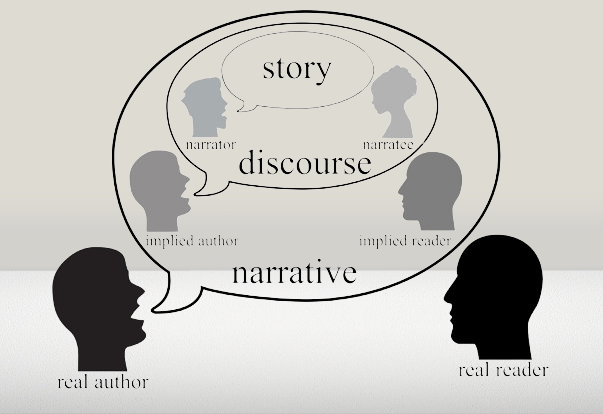Peemrapat Rongsawat Character’s Identity Construction through Speech Attributes of Hermione Granger in Harry Potter Novels: A Corpus-Based Analysis
Main Article Content
Abstract
DOI : 10.14456/pnuhuso.2024.16
This study aims to analyze the character’s identity construction through speech and attributes of Hermione Jean Granger, one of the leading characters in Harry Potter novels through aspects of corpus-based linguistics. This study is discussed after quantitative findings by investigating the character’s speech and effects after the Direct Characterization method (Ribó, 2019). Unit of analysis composed of the concordances of speech verbs and speech attributes or adverbial phrases, in a specialized corpus of seven serial books. This study found 43 different speech verbs used by the character throughout the heptalogy, the speech attributes of adverbial phrases were categorized into eight domains, including 1) being sophisticated, 2) being positive and generous, 3) being angry, 4) being rushed, 5) being sensitive, 6) persistent and sarcastic, 7) qualified by girlish voice, and 8) other manners. The corpus-based methodology is consistently related and supportive to previous critical literary studies on character identity construction with feminism ideology as its qualities. In addition, this study shows textual evidence of Miss Granger’s characterizations in more focused details from other characters’ reactions with variations of genders and species as well as their speech attribute domains by the narrator, under the fictional patriarchal-structured world of J.K. Rowling.
Article Details

This work is licensed under a Creative Commons Attribution-NonCommercial-NoDerivatives 4.0 International License.
References
Dresang, E. T. (2002). Hermione Granger and the heritage of gender. University of Missouri Press.
Fife, E. (2006). Wise warriors in Tolkien, Lewis, and Rowling. Mythlore: A Journal of JRR Tolkien, CS Lewis, Charles Williams, and Mythopoeic Literature, 25(1), 147-162.
Garland, A. (1996). The Beach. Penguin Books.
Greif, J. E. (2015). The women in Harry Potter’s world: A feminist perspective [Master’s thesis, West Texas A&M University WTAMU]. https://wtamu-ir.tdl.org/items/6dd24f57-6fb6-4f53-8812-5c59f6b4d004
Kellner, R. T. (2010). J.K. Rowling's ambivalence towards feminism: House elves-women in disguise-in the "Harry Potter" books. The Midwest Quarterly, 51(4), 367. Mikulan, K. (2009). Harry Potter through the focus of feminist literary theory: Examples of (un). founded criticism. Journal of International Social Research, 2(9), 288-298.
Mills, P. (2006). The Routledge Creative Writing. Routledge.
Orwell, G. (1949). Nineteen Eighty-Four. Penguin Books.
Ribó, I. (2019). Prose Fiction: An Introduction to the Semiotics of Narrative. Open Book .Publishers.
Riddell, S. C. (2016). Gender in young adult literature: Harry Potter and The Hunger .Games [Master’s thesis]. University of British Columbia.
Rowling, J. K. (1997). Harry Potter and the Philosopher's Stone. London: Bloomsbury.
Rowling, J. K. (1998). Harry Potter and the Chamber of Secrets. London: Bloomsbury.
Rowling, J. K. (1999). Harry Potter and the Prisoner of Azkaban. London: Bloomsbury.
Rowling, J. K. (2000). Harry Potter and the Goblet of Fire. London: Bloomsbury.
Rowling, J. K. (2003). Harry Potter and the Order of the Phoenix. London: Bloomsbury.
Rowling, J. K. (2005). Harry Potter and the Half-Blood Prince. London: Bloomsbury.
Rowling, J. K. (2007). Harry Potter and the Deathly Hallows. London: Bloomsbury.
Sörensen, J. (2014). Archetypes and Stereotypes in JK Rowling’s Harry Potter Series. University of Gothenburg.
Tong, R. (2014). Feminist thought: A more comprehensive introduction (4thed.). Westview Press.
Tsatsa, F. (2013). Gender Roles in Harry Potter: Stereotypical or Unconventional? University of Gothenburg.
Vasilyeva, A. L. (2019). Language ideology and identity construction in public educational .meetings. Journal of International and Intercultural Communication, 12(2), 146-166.


